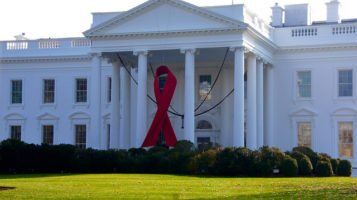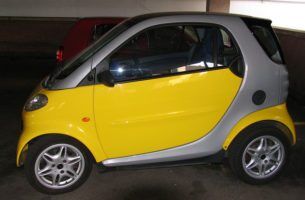

Environment
Different Conclusions Reached On Safety Of Glyphosate
Different conclusions were reached last year by the WHO’s IARC and EFSA regarding the safety of glyphosate. Given that EFSA’s review of glyphosate relies almost entirely on industry funded, unpublished studies, to reach any other conclusion from the WHO would be unthinkable.
The reason that other eminent international scientists advising the WHO have already come to different conclusions is, as the EFSA themselves admit, purely because the other scientists are considering a much wider range of evidence than just industry studies, and they are looking at the impacts of glyphosate as it is actually used. Although glyphosate is always used in combination with a range of other often toxic chemicals, and although researchers have found that glyphosate mixes as sold to farmers and gardeners can be 1000 times more toxic than glyphosate acting on its own, EFSA insists on looking at the impact of glyphosate alone. It is blindingly obvious that the WHO approach is right from the perspective of public safety, and that the EFSA approach simply serves the interests of the pesticide companies.
The arguments about glyphosate have shone a harsh light on the secrecy surrounding pesticide regulation, from the three top-secret studies by pesticide companies, which the regulators have used to claim it is safe (but which they refuse to the public), to the scientists who insist their identities must remain secret as they take decisions on pesticides that affect the lives of millions of people.
The EFSA’s decision were as follows:
- EFSA – European Food Safety Authority
- The report concludes: “glyphosate is unlikely to pose a carcinogenic hazard to humans and proposes a new safety measure that will tighten the control of glyphosate residues in food”
- Carried out a risk assessment & peer review
- Risk assessment was carried out by Germany’s Federal Risk Assessment Institute (BfR)
- Peer review group is made up of EFSA scientists and representatives nominated by EU Member States, they are all anonymous.
- The scientists are independent experts with a three year mandate
- The first part of the review assesses the use of glyphosate as a herbicide and for foliar spraying for desiccation in cereals
- The second part of the review considers the findings from the IARC (International Agency for Research on Cancer) and finds that glyphosate is unlikely to pose a carcinogenic hazard to humans
- The EU assessment only looks at the active ingredient glyphosate
- The EU leaves the assessment of each marketed mixture to national governments/regulators
- There were five industry-sponsored studies into the carcinogenicity of glyphosate on mice used in the EFSA decision, three of which have been dubbed ‘the mysterious three’ as they are not publicaly available (or available to the IARC) – two were identified or leaked, and non-EFSA scientists who have read then say they do not support EFSA’s case.
The World Health Organisation’s IARC decision:
- IARC International Agency for Research on Cancer (under the WHO)
- Declares glyphosate is a category 2A ‘probable human carcinogen’
- This was found as part of a review into the carcinogenicity of five chemicals (as well as organophosphates tetrachlorvinphos, parathion, malathion and diazinon)
- Review was published in the Lancet Oncology
- The IARC report looked at both glyphosate and glyphosate-based formulations
- IARC assesses generic agents, including groups of related chemicals, as well as occupational or environmental exposure, and cultural or behavioural practices.
- IARC assessed studies which were absent from the EU assessment (however these were added later according to EFSA’s website)
- Looks at the impacts of glyphosate alone, and as it is used in mixtures
November 2015 – 96 prominent scientists from 25 countries to voice strong opposition to the EFSA report.


 Environment11 months ago
Environment11 months agoAre Polymer Banknotes: an Eco-Friendly Trend or a Groundswell?

 Features10 months ago
Features10 months agoEco-Friendly Cryptocurrencies: Sustainable Investment Choices

 Features11 months ago
Features11 months agoEco-Friendly Crypto Traders Must Find the Right Exchange

 Energy10 months ago
Energy10 months agoThe Growing Role of Solar Panels in Ireland’s Energy Future





























